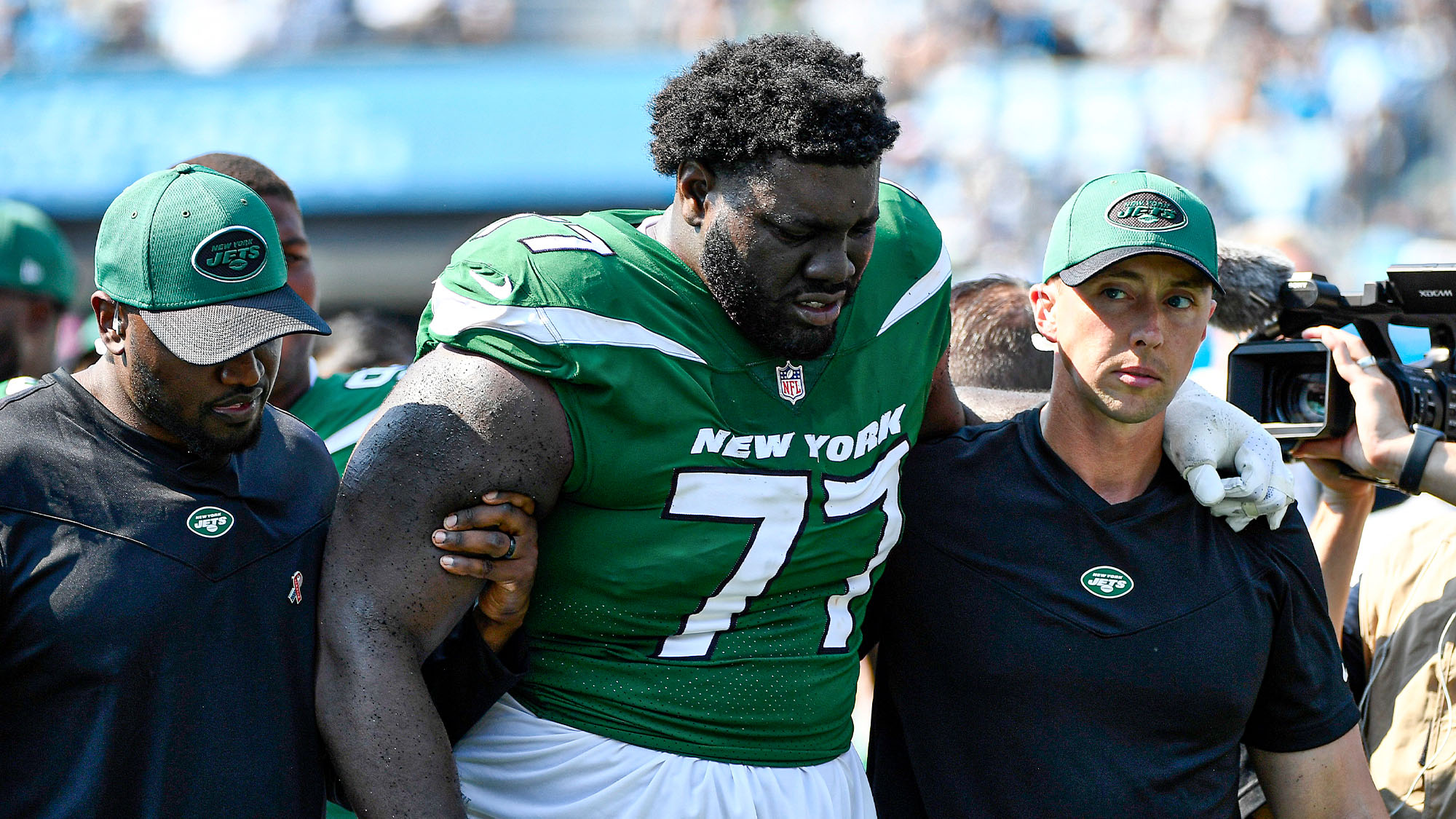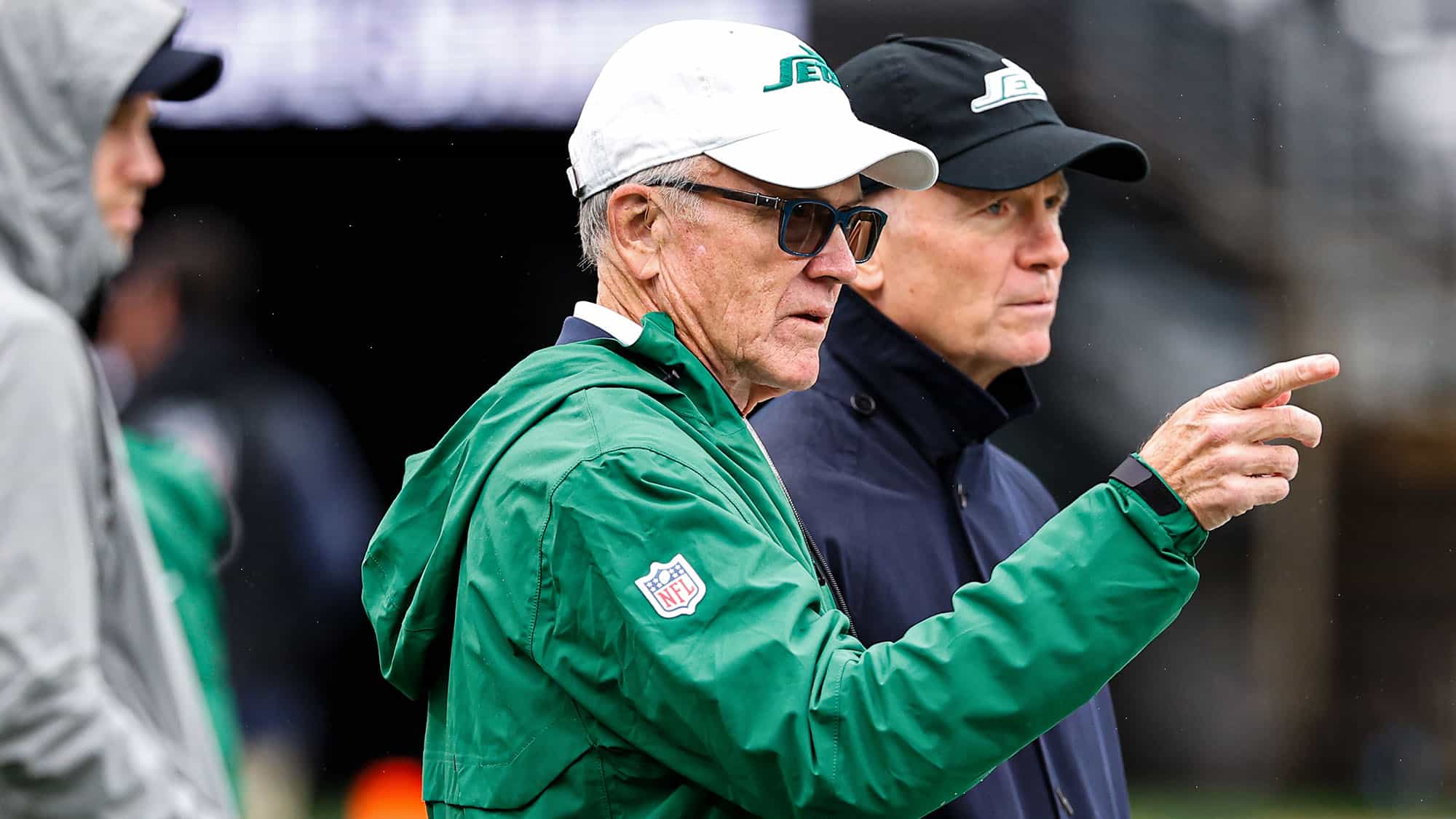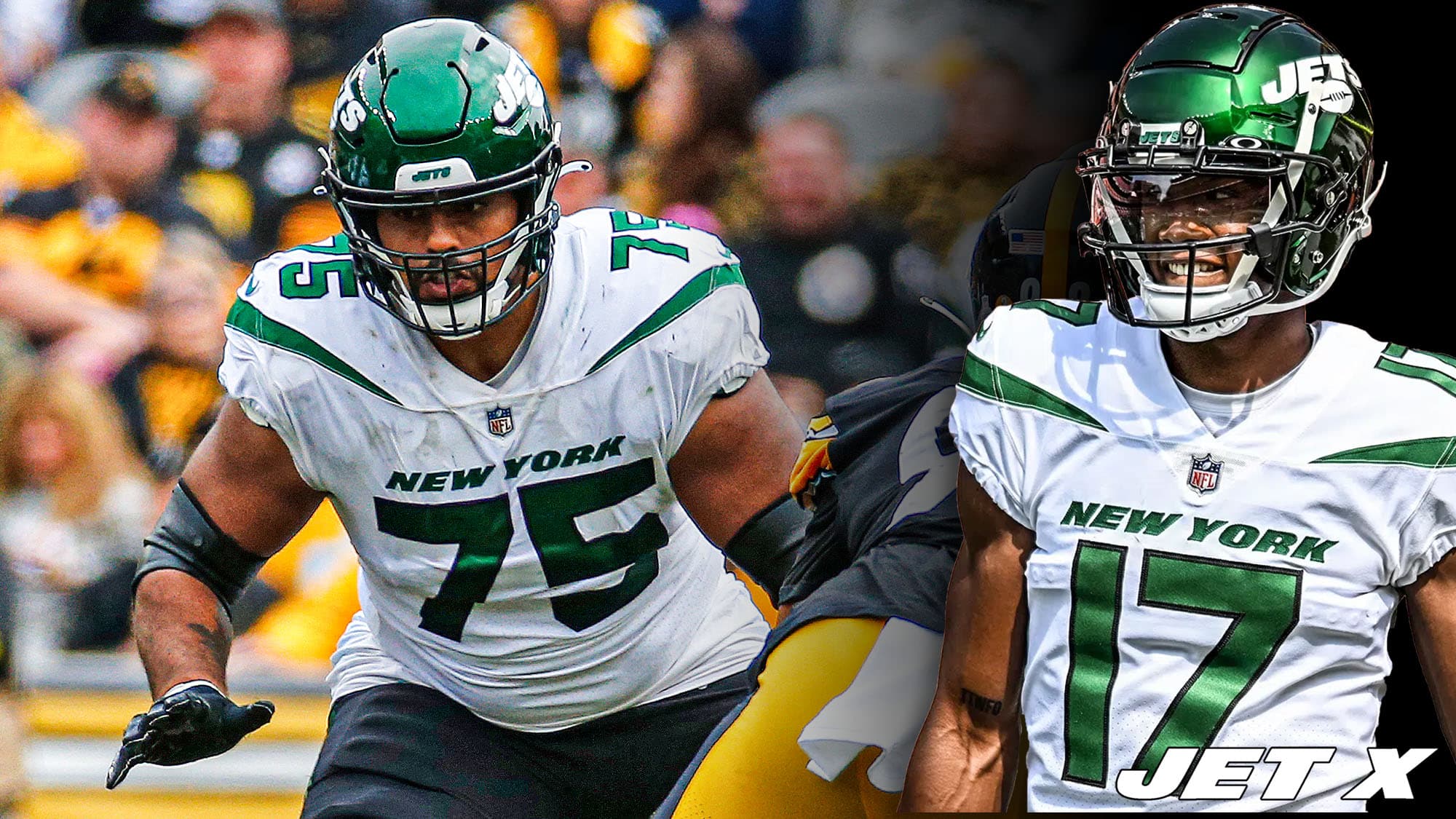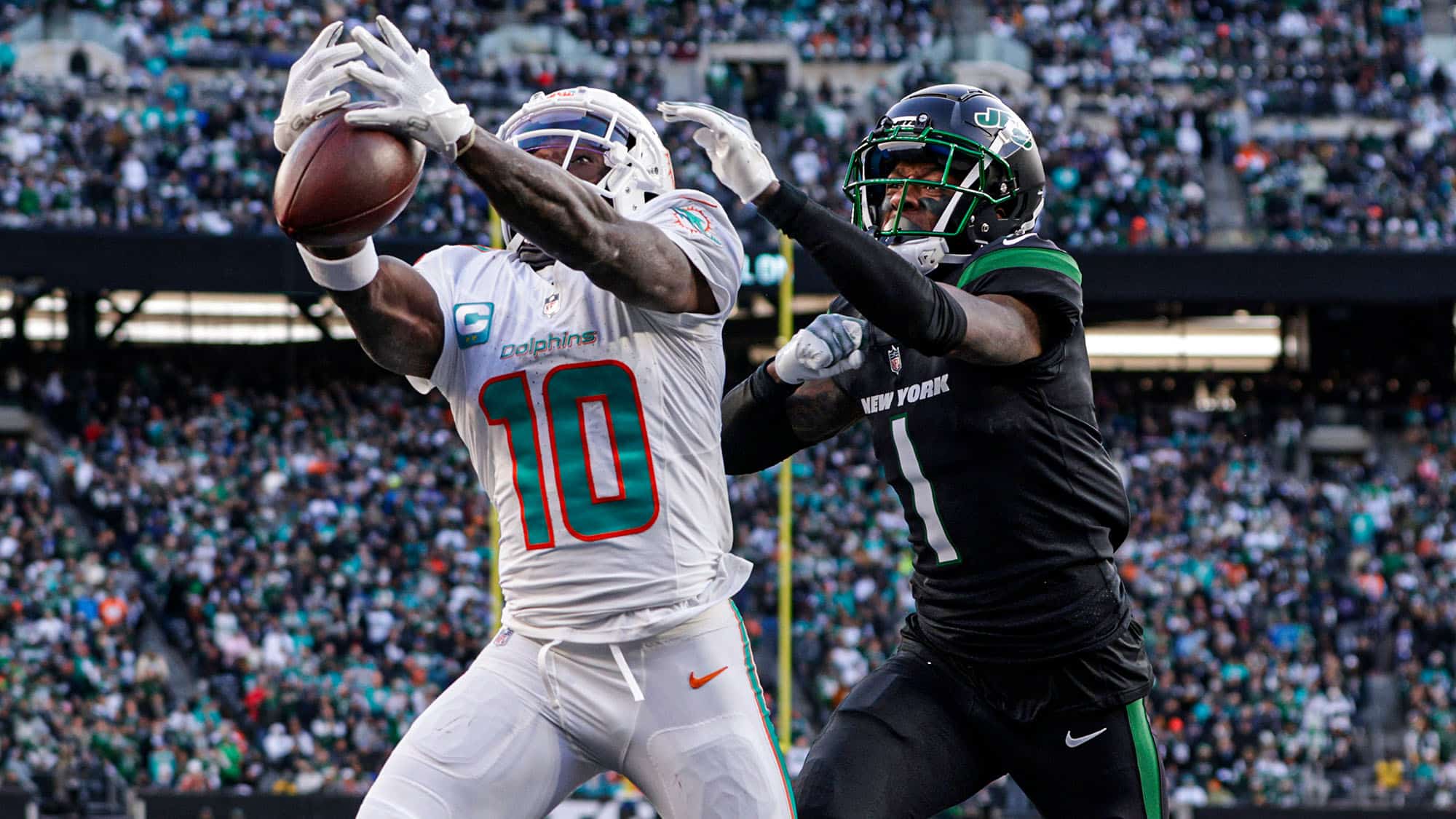Why do the New York Jets deal with so many injuries?
To the casual observer, it seems as if the New York Jets have been one of the most injury-ridden teams in football over the past decade. Just last season, Carl Lawson tore his ACL before taking a regular-season snap, Mekhi Becton went down in Week 1, and key players including Zach Wilson, Corey Davis, Elijah Moore, Marcus Maye, and Michael Carter all missed significant playing time.
The questions raised by these injuries are manifold: do the statistics show that the Jets really are more injury-prone than other teams? If so, is it due to the training staff, the medical staff, bad luck, or something else? What can teams and players do to prevent injuries?
A study from The Compensation Experts, a leading UK personal compensation company, shows that some NFL teams have had many more injuries than others. From the 2019 season through Week 9 of the 2021 season, the Jets had the third-most injuries across all teams in the NFL with 91. Their approximate dollar loss of $40.3 million ranked 10th, though. This seems to indicate that either these injuries were more minor and did not require extensive recovery time or the injuries did not happen to the Jets’ top-paid players.
However, a report on the 2021 season from BoxScore News indicates that the Jets lost the most man-games to injury of any other team in the NFL, at 237 (47 more than the second-most). Those injuries cost the Jets $28.7 million, also tops in the league. According to the report, Marcus Maye’s missed games cost the Jets $6.2 million – more than the entire injury costs of the Bills and Eagles!
By all measures, the Jets were the most injured team in the NFL in 2021 and were certainly in the top 10 over the past three seasons. The eye test definitely does bear out.
The bigger question is, why is this happening? Is there something the Jets can do to prevent it, or is this just bad luck?
Mike Tanier of Football Outsiders wrote a 2020 article that humorously answers this. He points out that there are two prevailing thoughts in the NFL: injuries are caused by too much practice and not enough practice. In other words, pretty much anything and everything, however contradictory, will be blamed for a rash of injuries. He makes it clear that he is not saying there is no rhyme or reason to why injuries happen, but rather that the chief cause of injuries is simply the violent nature of the sport.
According to a 2015 article in The Baltimore Beatdown by Dr. Bobby Esbrandt, athletes who get injured frequently usually have muscle imbalances, core stability deficits, and poor neuromuscular control. Esbrandt claims that NFL teams’ conditioning programs, which focus on developing muscle and strength, provide no help in correcting these issues.
The Functional Movement Screen (FMS) is a test that was developed to screen athletes for these specific weaknesses. It was found that players who score 14 or lower out of a possible 21 are 12 times more likely to be seriously injured.
However, many NFL teams use this screening, and serious injuries persist. Why, with all of sports science and such a large budget at their disposal, have teams not been able to mitigate the injury bug?
Field surfaces and weather factors
J.C. Tretter, the former Cleveland Browns center who is the president of the NFL Players Association, wrote an article about the dangers of artificial turf. He claimed, as have many others, that the artificial surface on game fields and practice fields causes stiffer joints, leading to many injuries in the lower extremities. The NFL injury data from 2012-18 shows a 28% increased risk of non-contact lower-extremity injury on turf compared to grass fields.
Is it possible that the turf at MetLife Stadium has caused the Jets’ injury bug? Well, since the Giants have also been ravaged by injuries in recent seasons, there is possible support for that narrative. The San Francisco 49ers came out of their 2020 Week 2 matchup against the Jets complaining bitterly about the turf. However, at least in the Giants’ case, many of their biggest injuries occurred away from MetLife on grass or were not lower extremity.
For the Jets, Mekhi Becton’s injury was a matter of bad luck; Greg Van Roten fell on his leg. Marcus Maye tore his Achilles in Indianapolis, where there is synthetic turf. Carl Lawson’s ruptured Achilles occurred at Ray Nitschke Field, which is the Packers’ artificial turf-surface practice field. Michael Carter’s high-ankle sprain happened at MetLife. Elijah Moore’s quad injury was at MetLife.
Ultimately, a broader study of artificial turf and its effect on injuries would be needed to draw conclusions about turf. The numbers do not look good, but since the injuries have extended far beyond the lower extremities, it’s hard to say that the artificial turf is the sole reason for the Jets’ injury bug. It may be that a certain percentage of the excess injuries come from playing on artificial surfaces, though.
Another weather-related factor that causes injuries appears to be the cold. According to a 2018 paper, concussion incidence goes up as temperature decreases. This is because the playing surfaces are harder, leading to harder hits to the head. Theoretically, a player who has already had concussions in the past would do better playing in milder weather. MetLife is not the coldest stadium in the league, but the Northeast temperatures get pretty rough as the season progresses.
There might not be a good answer as to how injuries can be prevented
When reading extensive research on injuries, the picture becomes so confusing that it is hard to get any consensus. For every Bill Belichick, who believes that decreased practice time leads to injuries, you have hard-core NFL Players’ Association advocates, who fine players and teams for too much contact in practice. You have beliefs about sports science, egg carton tests, neuromuscular imbalances, different types of cleats, compensation injuries, and too many other factors to name.
It appears, then, that Mike Tanier’s tongue-in-cheek article provides the best answer. Sometimes, there is no good answer. Not every visible trend is going to have a reason; some team was going to have to have a trend of more injuries, and unfortunately for the Jets, they are that team.
Perhaps the Giants and Jets should strongly consider switching to natural grass. But there isn’t much they can do about the cold weather or one player falling on another’s leg. The best they can do is follow sports science and hope that the rest falls into place. It’s not the medical staff’s fault. This is just the reality of a violent sport.
I know that this is not the answer Jets fans will want to hear. It’s hard to digest that luck plays such a big role in a team’s fortunes. But this has been the reality of the NFL since its inception. The main takeaway is that roster construction must consist of 53 guys, not just the top 24.
Luck is out of the Jets’ control. Now it’s time for Joe Douglas to take the reins on what he can control: building the depth of the roster to combat the attrition of a long season.















Good article. Question: Did you look at which teams have the fewest injuries and if their training methods, playing/practice field, and amount of practice have anything in common, and then compare it with the Jets? Looking at that might show a change that the Jets could try and see if it helps. Over the years, I remember reading that some players have done Pilates, ballet, karate, and water training, and said that it helped keep them more limber, flexible, stronger and healthier.
The Jets also have a new head of their Training Dept. that supposedly had great success with Olympic athletes and their performance. If he doesn’t change the Jets’ fortunes with injuries, then that may prove that it’s just the nature of the game and that the Jets have been unlucky.
I may be mistaken, but think I remember that in an earlier decade, the Jets were one of the healthiest teams. Maybe going back, finding when that was, looking at whom the HC and Training staff were and how their approaches/methods may be different than what the Jets have employed under Bowles, Gase, whomever was their training staff, and under Saleh and the new training staff.
You’re a good writer. I hope that in the future you will avoid hackneyed expressions and phrases like “Deep Dive.” IMO it’s a dumb expression to begin with, has been way overused, and most of the time the articles are anything but a “deep dive.” While your article was better than most in that regard, it still wasn’t what I would consider a “deep dive.” A deep dive would have been longer, gone into more detail, had more charts/graphs, statistics, and perhaps have taken a look at how soccer and rugby players train and compared that to football, and then compared injury statistics between the three sports.
That would be interesting research and a true “deep dive” as you said. This was more of a broad stroke article than a deep dive, looking at some of the most recent research on injury trends. Overall, there is so much conflicting research on the matter that it’s hard to conclude that any given training method can help or hinder.
The deep dive title was my idea so you can come at me for that one. I thought it was the most in-depth analysis of the topic I had seen by an extremely wide margin, so I figured it was fitting, but I hear what you’re saying.
Thanks, Michael for owning that. Riva did do an excellent job on the article, and it is the best, and the most in-depth I’ve seen. Still, you’re better than resorting to hackneyed, over-used expressions for titles. What you and your other writers is plenty good enough without having to try to sensationalize. IMO you’re the best source for articles, statistics and analysis on the Jets. Please keep up the great work!
There actually have been very many studies that have concluded that injury rates are higher on turf, anywhere from 25% to 75% more likely. This is just as inconclusive or potentially coincidental as cigarettes causing cancer was in the 1930’s, meaning it’s well known but obscured in public forums to protect monied interests.
What hasn’t been studied but would seemingly correlate is the aggregate wear and tear from playing on turf, which is to say a player can be more likely to be injured on any surface the more they’re exposed to turf overall. Basically, it’s like a person eating 5 hot dogs everyday of their life, then having a heart attack immediately after eating a piece of lettuce and blaming the heart attack on the lettuce.
That second question would be very interesting. More than playing on turf for one season, how does the effect build up?
For the things that are visible to the public i.e. OTA and training camp practice habits, it would be interesting to study the techniques of the least injury prone teams to the most injury prone teams over the past 5 years. i.e. Number of known practices, high, medium, low intensity, types of injuries, field type etc. Basically do a matrix and index these categories and see if any basic pattern becomes discernible. I would think high injury teams like the Jets have done just that to inform refinement in their approaches.
That is the exact kind of thing I would expect in a “deep dive.”
Is that data accessible, though? You’d need to actually catalog all the data from OTAs and training camp.
More reason why the Jets need their own stadium. A grass field was tried, but it couldn’t hold up with both teams playing on it.
Yes. People don’t talk about the West Side stadium falling through, but it was a big deal.